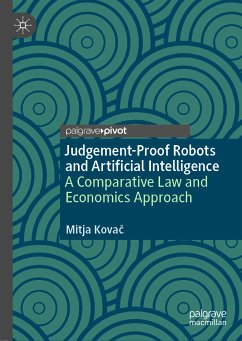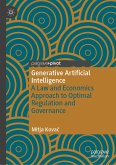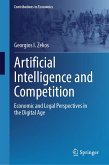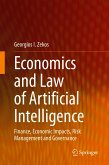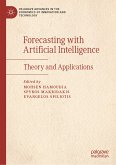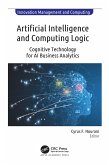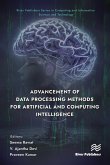- Professor Michael G. Faure, Maastricht University and Erasmus University Rotterdam, The Netherlands
"AI and its potential for harm is undoubtedly a topic at the forefront of research in the law of obligations. Dr Kovac provides insights into how we might best regulate this increasingly important area of technological innovation."
- Professor Paula Giliker, University of Bristol, UK
"Judgement Proof Robots and Artificial Intelligence brims with creativity and offers a peak behind the door of a future that is both emphatically exciting and comprehensively terrifying."
- Professor Ben Depoorter, University of California, Hastings College of Law, USA
"This book explores a very timely topic: how our current tort law systems can deal with automated decision-making. In an impressive and novel analysis, it brings together legal, economics and technological considerations, and with important recommendations for regulators it is definitely a must-read."
- Professor Anne Lafarre, Tilburg University, The Netherlands
This book addresses the role of public policy in regulating the autonomous AI and related civil liability for damage caused by any form of AI. It is a very timely book, focusing on the consequences of judgment proofness of autonomous decision-making on tort law, risk and safety regulation, and the incentives stemming from these. This book is extremely important as regulatory endeavours concerning AI are in their infancy at most, whereas theindustry's development is continuing in a strong way. It is an important scientific contribution that will bring scientific objectivity to a, to date, very one-sided academic treatment of legal scholarship on AI.
Mitja Kovac, is an Associate Professor at University of Ljubljana, School of Economics and Business.
Dieser Download kann aus rechtlichen Gründen nur mit Rechnungsadresse in A, B, BG, CY, CZ, D, DK, EW, E, FIN, F, GR, HR, H, IRL, I, LT, L, LR, M, NL, PL, P, R, S, SLO, SK ausgeliefert werden.

